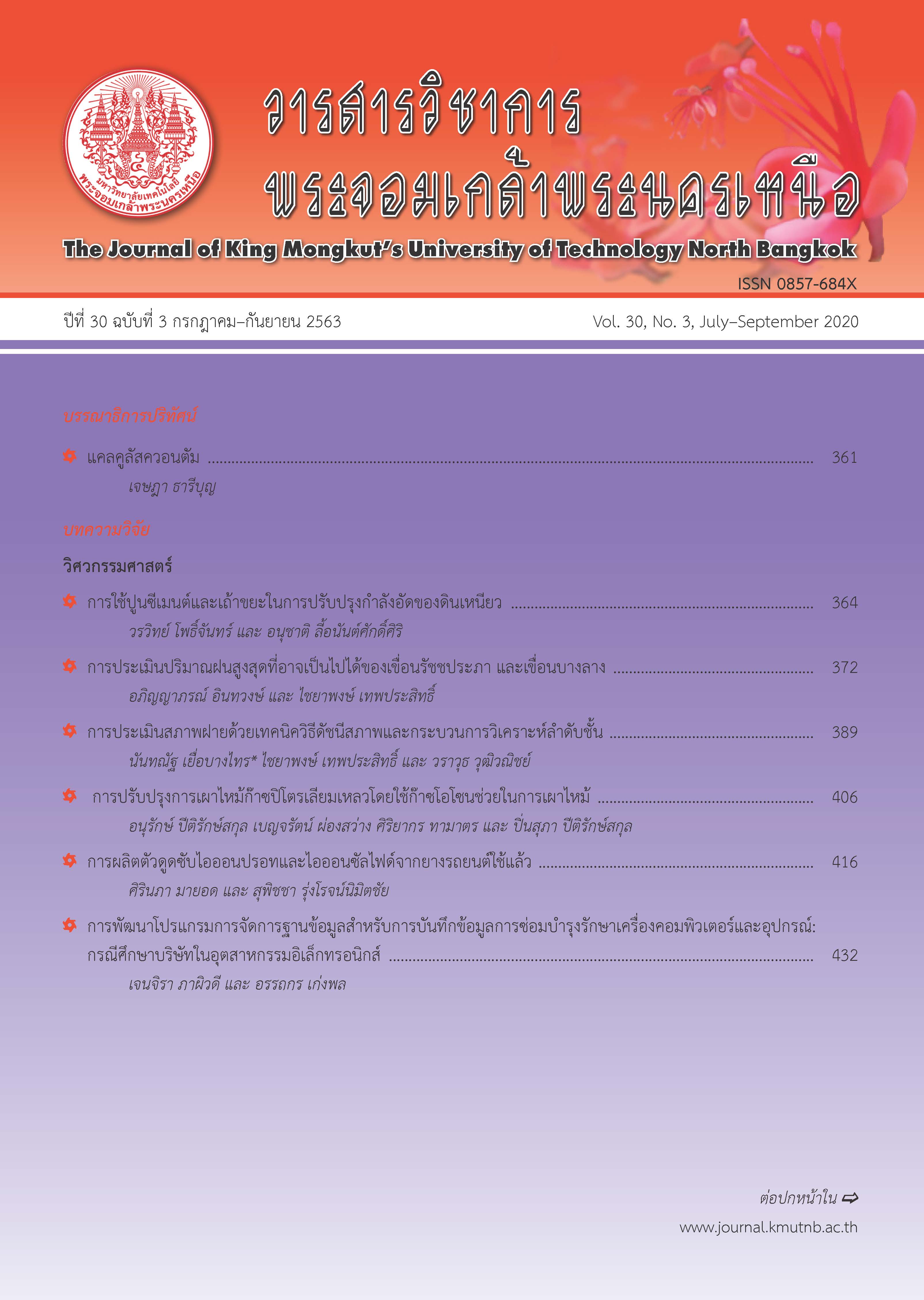A Potential Development Framework for Intermediate Managers of the Petrochemical Industry
Main Article Content
Abstract
The objectives of this study are 1) to examine essential components towards the potential development model for middle-level managers of the petrochemical industry, 2) to design and develop a potential model for the above mentioned group, and 3) to create a practical handbook for strengthening capabilities of the target personnel. Qualitative and quantitative approaches were used in the study. Selected samples for facilitating qualitative data gathering were 7 senior executives in the petrochemical industry who provided significant information and 13 experts who shared their feedback and insights in the focus groups, and handbook evaluation. Quantitative data were collected from 359 middle-level managers from 5 petrochemical companies. Data collection instruments consisted of semi-structured interviews, information recorded and questionnaires. The content validity and the mean CVR across items were examined. Statistics used in analyzing the quantitative data comprised the frequency, percentage, mean and standard deviation. As results, the potential development framework for the intermediate managers of the petrochemical industry is categorized into 5 components with 77 sub-components. The core competence dimensions are 1) management and goal setting (44 sub-components); 2) coordination and knowledge exchange (11 sub-components); 3) effective command and communication (7 sub-components); 4) planning and organization development (13 sub-components); and 5) control and cooperation at work (2 sub-components). The manual for guideline development contains 3 parts: introduction; potential model of middle managers in the petrochemical industry; and capacity development guidelines for the target human resources. In accordance with the focus group assessment, the developed model and potential enhancement handbook were unanimously approved as “highly appropriate.” In particular, the handbook was highly rated in terms of overall suitability and the practicality of its implementation.
Article Details
The articles published are the opinion of the author only. The author is responsible for any legal consequences. That may arise from that article.
References
[2] P. F. Drucker. Managing in the Time of Great Change. New York: Truman Talley Book/Dutton, 1995.
[3] L. M. Spencer and S. M. Spencer. Competence at Work. New York: Wiley, 1993.
[4] G. Dessler, Management: Principles and Practices for Tomorrow’s Leaders, 3 rd ed. UG/GGS Information Services, 2004.
[5] C. Jittaruttha, Organizational Theory : Philosophy, Paradigm and Concept. Bangkok: Chulalongkorn University Textbook Publishing Center, 2018, pp. 119–120.
[6] J. Rassmithammachote, Organization Development and Change. Bangkok: Thunwa 4 Arts Co., Ltd., 2015, pp. 86–98.

